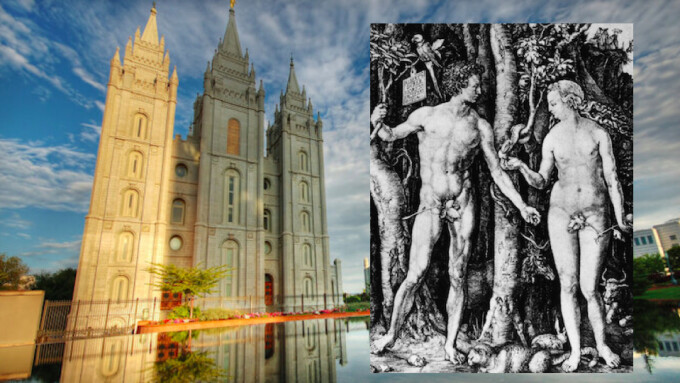SALT LAKE CITY — A Utah parent is challenging the arbitrary, expansive nature of the state’s legal redefinitions of “pornography,” by flagging the Bible in an official complaint for its numerous instances of sexual content.
Calling it “one of the most sex-ridden books around,” the parent asked their Davis County school district to review the Bible for “inappropriate content,” the Salt Lake City Tribune reported, without identifying the complainant.
“Incest, onanism, bestiality, prostitution, genital mutilation, fellatio, dildos, rape, and even infanticide,” the parent wrote on Dec. 11, 2022. “You’ll no doubt find that the Bible, under Utah Code Ann. § 76-10-1227, has ‘no serious values for minors’ because it’s pornographic by our new definition.”
As XBIZ reported, HB 374 — state legislation that cites Utah Code Ann. § 76-10-1227 — was passed in 2022 and bans books containing “pornographic or indecent” content from Utah schools and libraries.
A school district committee has been appointed to review the Bible, and although it should typically have issued a decision by early February, it has been delayed by a backlog. Utah parents have ramped up their challenges of books they consider “pornographic” or “obscene,” slowing down the review process.
“We don’t differentiate between one request and another,” a school district spokesperson told the Tribune. “We see that as the work that we do.”
The parent, the paper reported, “attached to their request an eight-page listing of passages from the Bible that they found to be offensive and worth reviewing,” including content involving sex, alcohol, nudity, rape and incest.
“Get this PORN out of our schools,” the complaint urged. “If the books that have been banned so far are any indication for way lesser offenses, this should be a slam dunk.”
According to state attorneys, who acted in tandem with right-wing lobby Utah Parents United, those assessing the suspected material do not have to follow the “taken as a whole” provision established in 1973 by the Miller Test, which differentiates between obscenity and First Amendment-protected pornography.
According to the new censorship rules, the challenged books also may not be left on library shelves during a review.
“If there is a scene involving any of those acts, it should be immediately removed,” the Salt Lake City Tribune reported.






